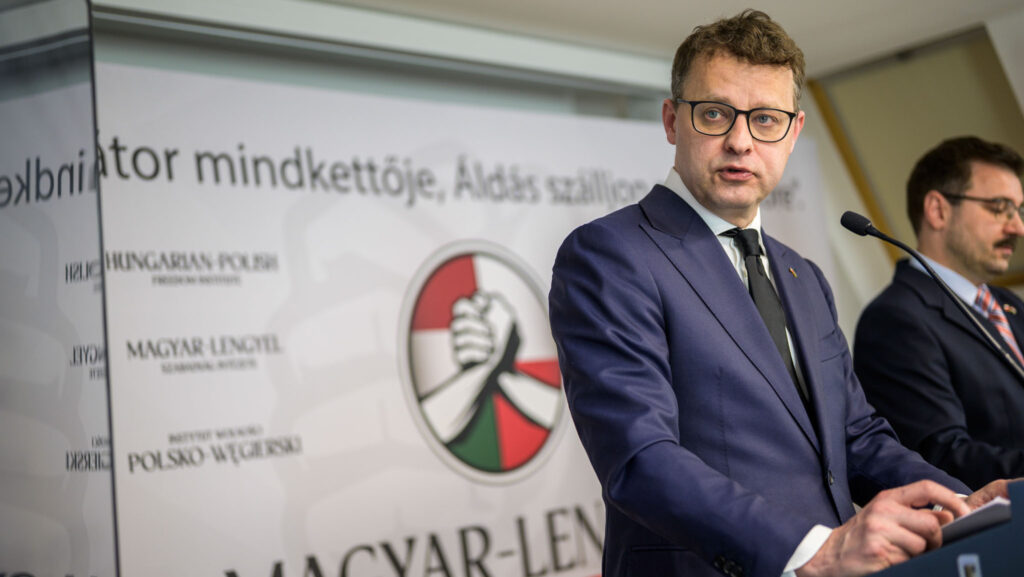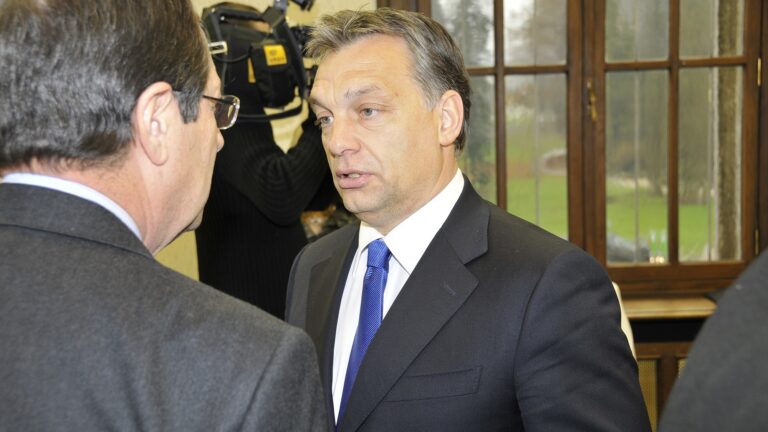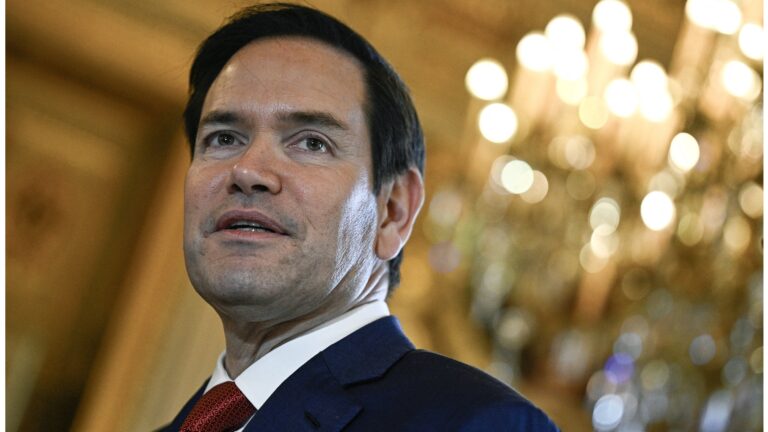‘We cannot set a smaller target; I suggest we aim to win this one as well!’ Hungarian Prime Minister Viktor Orbán declared in his European Parliament election campaign launch video on Facebook. He further emphasized that over the last 20 years, Fidesz–KDNP has triumphed in all the EP elections and has evolved into the most successful political community in Hungary. ‘No victory should be without humility!’ PM Orbán underscored.
The prime minister’s assertions are not mere campaign rhetoric; indeed, Fidesz has established itself as a specialist in European Parliament elections, as reported by Magyar Nemzet. Since Hungary’s accession to the European Union in 2004—alongside Cyprus, the Czech Republic, Estonia, Latvia, Lithuania, Malta, Poland, Slovenia, Slovakia, and Poland—Fidesz has emerged victorious in every single European election without exception.
This year’s upcoming EP elections in Hungary will mark the fifth since the country’s EU membership.
Following Fidesz’s painful election defeat in 2002, the first European elections took place in Hungary in 2004. This presented a significant opportunity for Fidesz, then in opposition, to gauge the effectiveness of their national networking efforts following the parliamentary elections. This strategic approach proved successful: Fidesz secured first place with 47.4 per cent of the votes, earning them 12 seats in the newly established European Parliament. The Hungarian Socialist Party (MSZP), the ruling party at the time, secured second place with 34.3 per cent of the votes (9 seats), while the liberal Alliance of Free Democrats (SZDSZ) and the right-wing Hungarian Democratic Forum (MDF)—both dissolved since—also obtained two and one seat respectively. The voter turnout for the inaugural Hungarian EP elections stood at 38.5 per cent. Generally, European elections tend to mobilise voters to a lesser extent compared to parliamentary or municipal elections.
The second EP elections occurred in 2009, during a period when Fidesz was widely anticipated to secure victory. After the 2006 parliamentary elections, a significant turning point emerged with the leaking of a speech by then Prime Minister Ferenc Gyurcsány. In the audio, he admitted to falsifying public finance data to secure election success, sparking massive demonstrations across the country. Outraged crowds demanded the resignation of the Socialist government. By the time of the EP elections, the head of government had indeed resigned, leading to the appointment of Gordon Bajnai as acting prime minister. The MSZP found itself in a precarious position amidst these turbulent events.
In its most successful EP election performance to date, Fidesz secured 56.3 per cent of the vote,
earning 14 seats in the European Parliament with 1.6 million votes. In contrast, the Socialists garnered 17.3 per cent of the vote, resulting in four seats in the EU legislature. Jobbik, then a nationalist radical party, participated in the EP elections for the first time in 2009. Initially opposed to Hungary’s accession to the EU, Jobbik boycotted the 2004 elections in protest. However, five years later, it managed to secure three seats.
The 2014 election witnessed a historic low turnout, with only 28.97 per cent of eligible voters participating. Despite being in government at the time, Fidesz secured a resounding victory in the EU elections, clinching 12 seats, while the opposition parties collectively garnered nine seats.
The decline of the MSZP persisted, with the Socialists only managing to secure two seats, while Jobbik once again succeeded in sending three MEPs to the EU Parliament. This year marked the debut of the Democratic Coalition (DK), led by Ferenc Gyurcsány, who had parted ways with the Socialists. His party managed to secure three seats in 2014.
The 2019 EP elections marked a significant milestone with the highest turnout ever recorded, as 43.48 per cent of eligible voters exercised their right to vote. Fidesz achieved a historic milestone this year, garnering over 1.8 million votes, constituting 52 per cent of the total vote share, enabling the party to secure 13 MEPs in the European Parliament.
It is clear that since Hungary has been a member of the EU,
there has never been an EP election of such high importance as this year’s.
The stakes are huge: in June, voters across Europe will decide whether the destructive rule of the left-wing progressive mainstream will continue for the next five years or whether the right will be given the opportunity to create a more liveable, pragmatic and ideology-free Europe. It will also be decided whether a pro-peace or pro-war EP can be formed after June—a point repeatedly emphasized by Viktor Orbán himself.
Analysts’ forecasts strongly favour Fidesz–KDNP in this year’s EP elections in Hungary. Even if the opposition parties manage to diminish the government parties’ support to below 50 per cent, they would likely achieve success, as per projections.
Read more on the upcoming European Parliament elections:








